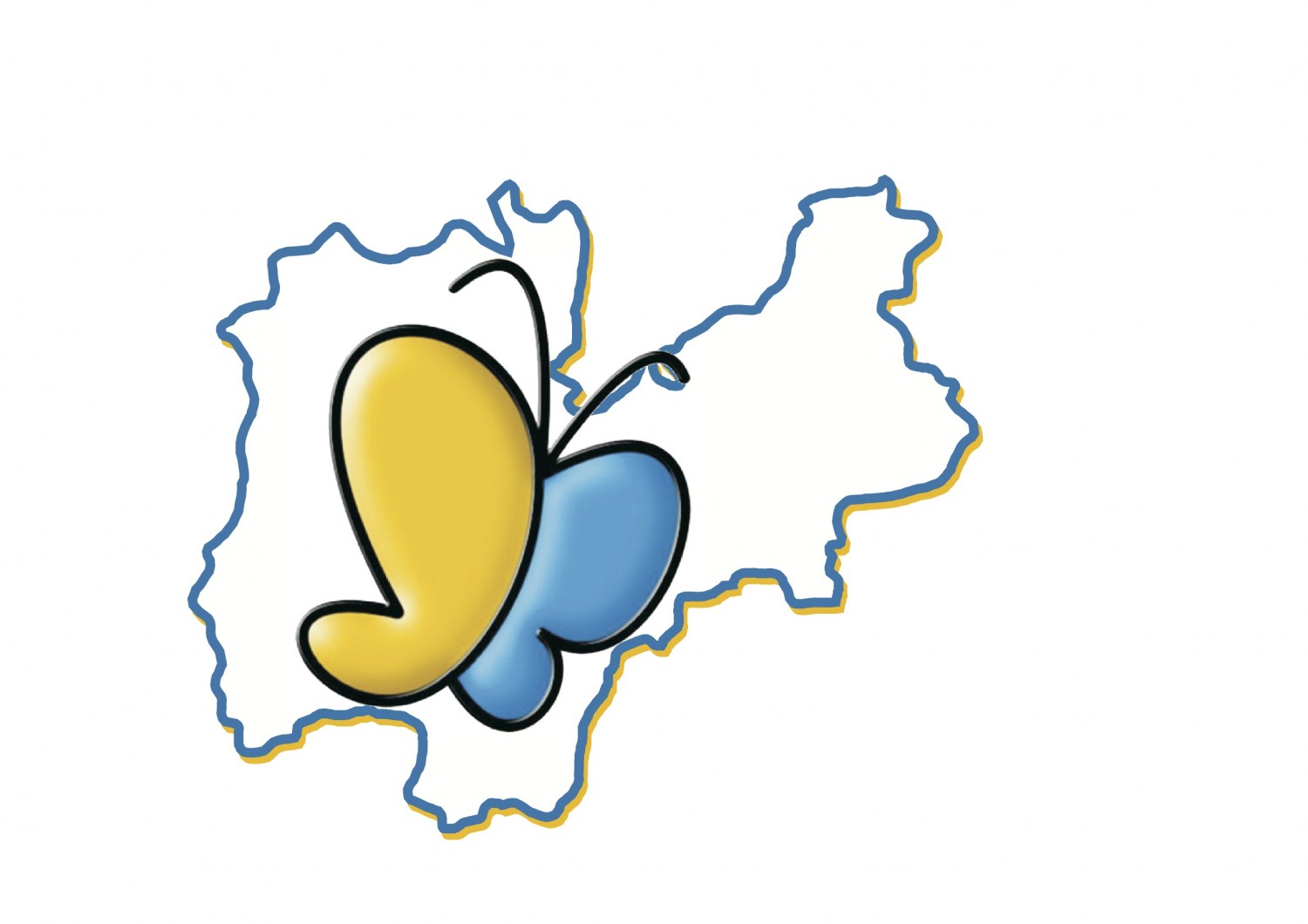Pseudomonas aeruginosa lung infections pose a serious threat to people with cystic fibrosis (pwCF), and the danger is further exacerbated by the increasing prevalence of antibiotic resistant strains. Unfortunately, very few new antibiotics have been developed in recent decades and it is therefore necessary to aim to improve the efficacy of those already available.
In this context, the project aims to explore the effectiveness of a strategy capable of facilitating the entry of antibiotics into bacteria, which is normally reduced either by a limited diffusion through the cell envelope or by efficient efflux systems that prevent the accumulation of antibiotics within microorganisms. To selectively and effectively combat infections caused by P. aeruginosa the researchers propose to exploit the so-called Trojan horse strategy, which involves the conjugation of an antibiotic to a molecule used by the microorganism to import an essential metal ion.
Indeed, the basis of this proposal is the demonstration that the ability of P. aeruginosa to colonize the airways of pwCF depends on its ability to efficiently import zinc, a metal necessary for the synthesis of numerous essential proteins and virulence. The bacterium manages to capture this metal in the extracellular environments using a molecule with a high affinity for zinc, called pseudopaline. The researchers have recently set up a method for obtaining the efficient chemical synthesis of pseudopaline and of some derivatives which proved to be active in stimulating bacterial growth in conditions of zinc deficiency. The goal of the project is to conjugate some antibiotics to pseudopaline and its derivatives to help them enter the cell.
Subsequently, the antimicrobial efficacy of these new molecules will be evaluated both in vitro, on clinical and reference strains of P. aeruginosa, and in vivo, in an infection model on larvae of the lepidopteran Galleria mellonella.
The approach proposed can therefore be important for developing new and more effective therapies to combat one of the most dangerous pathogens for pwCF and favor the generation of new weapons to face the challenge posed by the spread of pathogenic microorganisms resistant to antibiotics.
CHI HA ADOTTATO IL PROGETTO
Delegazione FFC Ricerca di Boschi Sant’Anna Minerbe “Alla fine esce sempre il sole”

€ 35.000

€ 20.000
Delegazione FFC Ricerca di Sondrio Valchiavenna

€ 18.500
